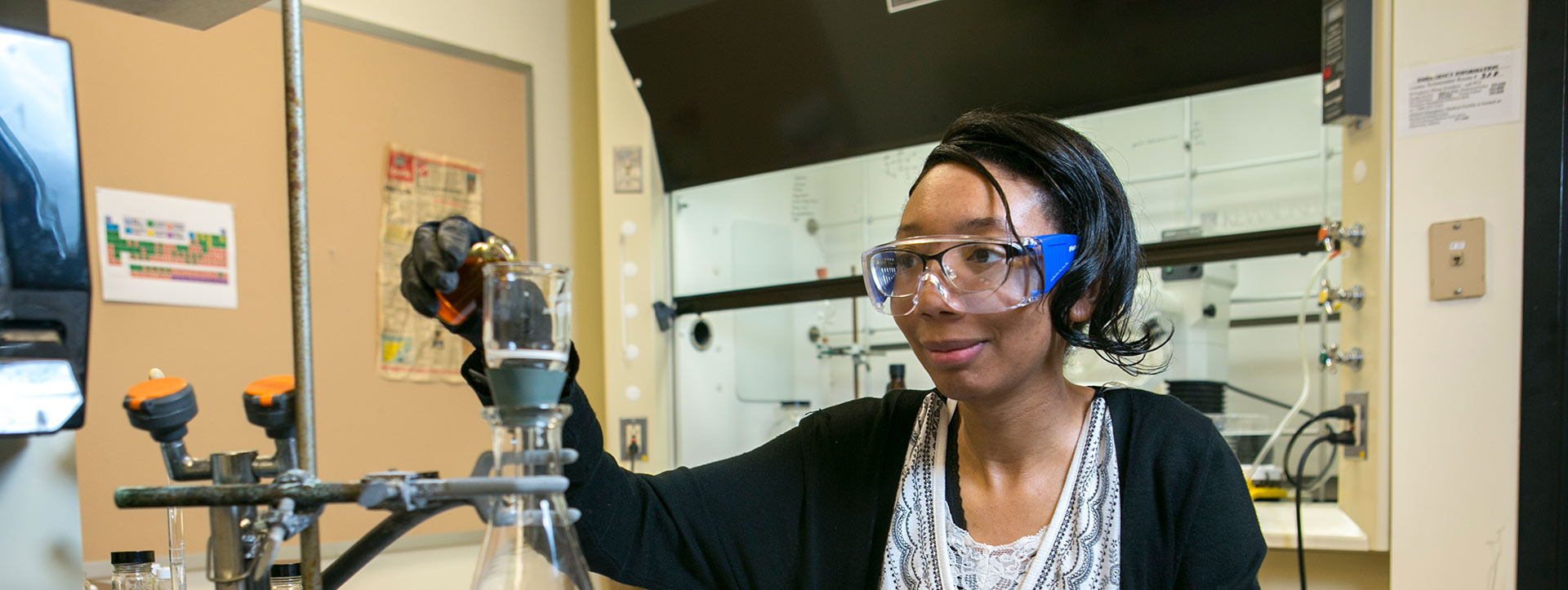Maintaining the highest standards of ethics in research is essential to the advancement of knowledge and to retaining public trust in the research and scholarly activities conducted by its faculty, students and staff.
Federal Regulations define Research Misconduct as fabrication, falsification, or plagiarism in proposing, performing, or reviewing research or in reporting research results. It does not include honest error or honest differences in interpretations or judgments of data. However, it is well appreciated by all that responsible conduct, as opposed to misconduct, encompasses many other aspects of ethical behavior in the practice of scientific research.
Samford is committed to operating with integrity in full compliance with all applicable laws, regulations, and policies. All investigators involved in human subject and animal research are required to complete education focused on the appropriate use of humans and/or animals in research, prior to receiving Institutional Review Board (IRB) and Institutional Animal Care and Use Committee (IACUC) approval for specific research protocols. Samford University has adopted CITI (Collaborative Institutional Training Initiative) as their online resource for training which satisfies the requirements from NSF, the Office of Research Integrity (ORI) and the Office of Human Research Protections (OHRP). You will find additional information on the required RCR training for NSF/NIH funded research under the CITI page.
Animals
University Committee on Animal Care
Research projects involving live vertebrate animals in research, training, experimentation, or biological testing, must be reviewed and approved by Samford's Institutional Animal Care and Use Committee (IACUC). IACUC's overall responsibility is to ensure the humane and sensitive care and use of animals.
Human Subjects
Institutional Review Board Administration
Research projects involving human subjects (including student research projects) must be reviewed and approved by the Institution's Institutional Review Board before the research begins, regardless of the funding source.
Financial Conflict of Interest (FCOI)
All personnel on sponsored research projects must complete FCOI training, assess their significant financial interests and disclose any interests that may represent a potential financial conflict of interest to Samford prior to submitting each proposal for extramural research funding.
Responsible Conduct of Research (RCR)
Maintaining the highest standards of ethics in research is essential to the advancement of knowledge and to retaining public trust in the research and scholarly activities conducted by its faculty, students and staff. All faculty, staff and students engaged in research and scholarly activities are strongly encouraged participate in RCR training. Any faculty, staff and students engaged in research and scholarly activities funded by Federal funds are required participate in RCR training.
Responsible conduct of research is defined as the practice of scientific investigation with integrity. It involves the awareness and application of established professional norms and ethical principles in the performance of all activities related to scientific research.
Reporting Suspected Misconduct
Reporting suspected research misconduct is a shared and serious responsibility of all members of the academic community. Any person who suspects research misconduct has an obligation to report the allegation to the Research Compliance Officer.
All reports are treated confidentially to the extent possible, and no adverse action will be taken, either directly or indirectly, against a person who makes such an allegation in good faith. Protection of whistleblowers against retaliation is guaranteed under policies of both the University and the federal and state governments.
The Research Integrity Officer must report findings of misconduct in externally funded research to the funding agency, and in some cases an allegation must be reported even before the investigation is completed.
Correction of Errors
If a finding of error, either intentional or inadvertent, or of plagiarism should be made subsequent to publication, the investigator has an obligation to submit a correction or retraction in a form specified by the editor or publisher and, in the case of research misconduct, in a form specified by the University and a sponsoring federal agency.

